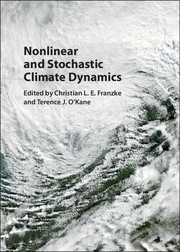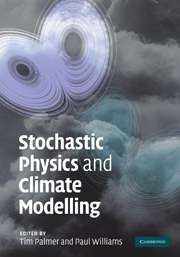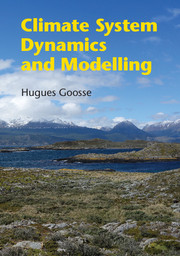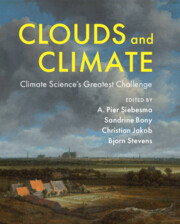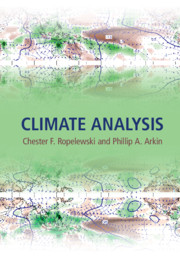Nonlinear and Stochastic Climate Dynamics
It is now widely recognized that the climate system is governed by nonlinear, multi-scale processes, whereby memory effects and stochastic forcing by fast processes, such as weather and convective systems, can induce regime behavior. Motivated by present difficulties in understanding the climate system and to aid the improvement of numerical weather and climate models, this book gathers contributions from mathematics, physics and climate science to highlight the latest developments and current research questions in nonlinear and stochastic climate dynamics. Leading researchers discuss some of the most challenging and exciting areas of research in the mathematical geosciences, such as the theory of tipping points and of extreme events including spatial extremes, climate networks, data assimilation and dynamical systems. This book provides graduate students and researchers with a broad overview of the physical climate system and introduces powerful data analysis and modeling methods for climate scientists and applied mathematicians.
- Provides an integrative overview of nonlinear, non-stationary, non-Gaussian, non-Markovian and stochastic methods in climate science
- Presents both a thorough review of the field and an examination of cutting-edge research
- Considers a range of spatial and temporal scales relevant to all disciplines in atmospheric physics, from weather prediction to paleoclimate modelling
Product details
January 2017Hardback
9781107118140
466 pages
263 × 186 × 30 mm
1.06kg
45 b/w illus. 78 colour illus.
Available
Table of Contents
- Preface
- 1. Challenges for ice age dynamics: a dynamical systems perspective Michel Crucifix, Guillaume Lenoir and Takahito Mitsui
- 2. Tipping points in the climate system Peter Ditlevsen
- 3. Atmospheric teleconnection patterns Steven B. Feldstein and Christian L. E. Franzke
- 4. Atmospheric regimes: the link between weather and the large scale circulation David M. Straus, Franco Molteni and Susanna Corti
- 5. Low-frequency regime transitions and predictability of regimes in a barotropic model Balu T. Nadiga and Terence J. O'Kane
- 6. Complex network techniques for climatological data analysis Reik V. Donner, Marc Wiedermann and Jonathan F. Donges
- 7. On inference and validation of causality relations in climate teleconnections Illia Horenko, Susanne Gerber, Terence J. O'Kane, James S. Risbey and Didier P. Monselesan
- 8. Stochastic climate theory Georg A. Gottwald, Daan T. Crommelin and Christian L. E. Franzke
- 9. Stochastic subgrid modelling for geophysical and three-dimensional turbulence Jorgen S. Frederiksen, Vassili Kitsios, Terence J. O'Kane and Meelis J. Zidikheri
- 10. Model error in data assimilation John Harlim
- 11. Long-term memory in climate: detection, extreme events, and significance of trends Armin Bunde and Josef Ludescher
- 12. Fractional stochastic models for heavy tailed, and long-range dependent, fluctuations in physical systems Nicholas Watkins
- 13. Modelling spatial extremes using max-stable process Mathieu Ribatet
- 14. Extreme value analysis in dynamical systems: two case studies Tamás Bódai
- Index.

